A Coaching Model Created by Irene Lee Lai Kean
(Transformational Coach, SINGAPORE)
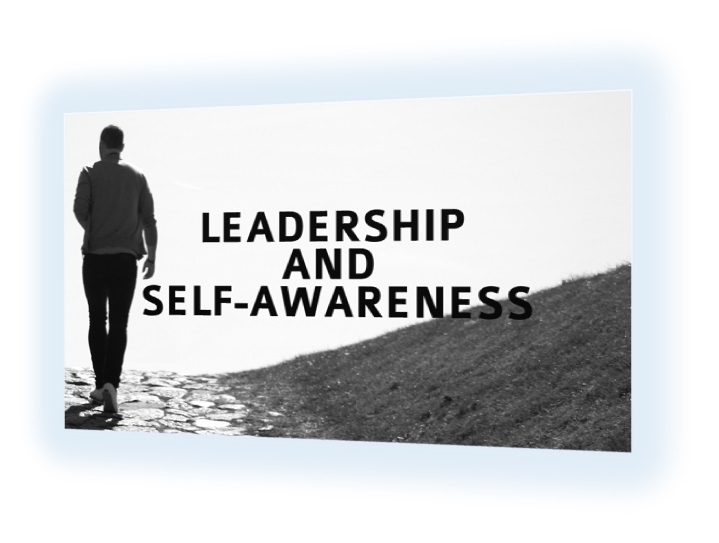
Many leadership problems are driven by low self-awareness” – Bill Hybels
If your emotional abilities aren’t in hand, if you don’t have self-awareness, if you are not able to manage your distressing emotions, if you can’t have empathy and have effective relationships, then no matter how smart you are, you are not going to get very far. – Daniel Goleman
S Self-Awareness
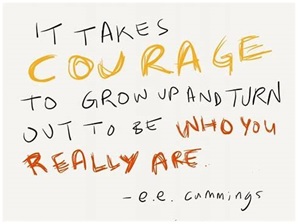 The first step to creating awareness is recognising that you want to. Self-awareness (sometimes also referred to as self-knowledge or introspection) is about understanding your own needs, desires, failings, habits, and everything else that makes you tick. The more you know about yourself, the better you are at adapting life changes that suit your needs. One way to measure self-awareness is by looking at your ability to tell your life story in a coherent way. Self-awareness involves deep personal honesty. It comes from asking and answering hard questions. Becoming aware and connecting with self is the most crucial step for great leadership. In the coaching space, the coach supports the client to become aware of their behaviour with the effects of powerful questioning. The coach encourages the positive aspects of their lives and helps the client to let go of behaviours that lead to negative effects. Coupled with effective and non-judgemental feedback, this helps the client to create a kind of awareness that makes a in how he sees things, it is simply mirroring back to the client the way we see it.
The first step to creating awareness is recognising that you want to. Self-awareness (sometimes also referred to as self-knowledge or introspection) is about understanding your own needs, desires, failings, habits, and everything else that makes you tick. The more you know about yourself, the better you are at adapting life changes that suit your needs. One way to measure self-awareness is by looking at your ability to tell your life story in a coherent way. Self-awareness involves deep personal honesty. It comes from asking and answering hard questions. Becoming aware and connecting with self is the most crucial step for great leadership. In the coaching space, the coach supports the client to become aware of their behaviour with the effects of powerful questioning. The coach encourages the positive aspects of their lives and helps the client to let go of behaviours that lead to negative effects. Coupled with effective and non-judgemental feedback, this helps the client to create a kind of awareness that makes a in how he sees things, it is simply mirroring back to the client the way we see it.
E Emotional Intelligence
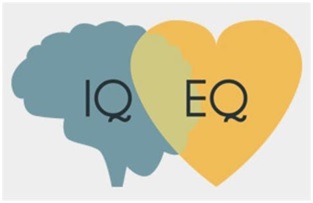 For most people, emotional intelligence (EQ) is more important than one’s intelligence (IQ) in attaining success in their lives and careers. As individuals our success and the success of the profession today depend on our ability to read other people’s signals and react appropriately to them. Therefore, each one of us must develop the mature
For most people, emotional intelligence (EQ) is more important than one’s intelligence (IQ) in attaining success in their lives and careers. As individuals our success and the success of the profession today depend on our ability to read other people’s signals and react appropriately to them. Therefore, each one of us must develop the mature
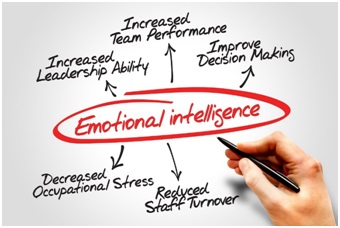
emotional intelligence skills required to better understand, empathize and negotiate with other people — particularly as the economy has become more global. Otherwise, success will elude us in our lives and careers. Often, coaches support their clients to see strong interpersonal, coping, creative thinking and anger management skills as essential in developing the kind of leadership that they aspire to be. As a coach, armed with sharp EI skills, will serve the client well by encouraging and promoting self-awareness, self-management, self-assessment of one’s strengths and weaknesses and to explore how to leverage strengths more effectively.
L Leadership
Organizations benefit more from leaders who take responsibility for what they don’t know than from leaders who pretend to know it all. Although it is probably one of the least discussed leadership competencies, self-awareness is possibly one of the most valuable. Self-awareness is being conscious of what you’re good at while acknowledging what you still have yet to learn. This includes admitting when you don’t have the answer and owning up to mistakes. On an interpersonal level, self-awareness of your strengths and weaknesses can net you the trust of others and increase your credibility- both of which will increase your leadership effectiveness. Effective leadership skills often focus on teams and team building for a reason. Leaders, be it business owners / managers / supervisors, rely on their team and stakeholders to help them achieve success. 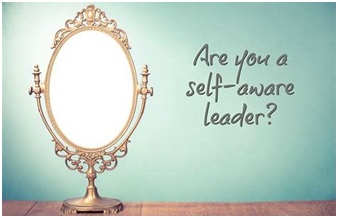 Without buy in from your team, meeting your goals can be significantly harder. To be an effective leader involves everything from motivating employees to setting realistic goals for yourself. Coaching, then, tap on essential principles of active listening, powerful questioning, re-framing perspective, visualization, appreciative inquiry to help the client identify the type of leadership style that works best for him.
Without buy in from your team, meeting your goals can be significantly harder. To be an effective leader involves everything from motivating employees to setting realistic goals for yourself. Coaching, then, tap on essential principles of active listening, powerful questioning, re-framing perspective, visualization, appreciative inquiry to help the client identify the type of leadership style that works best for him.
F Fellowship
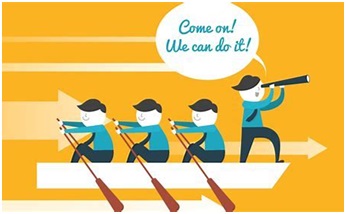 Right at the heart of every leader’s responsibility is the task of developing leadership capacity and aptitude among others. No single leader can accomplish all that needs to be done. Leading people, and raising leaders who will lead people to achieve increased impact, is at the center of every leader’s path to effectiveness. In the world of diversity, leaders will also need to embark on cultural leadership development that seeks to enrich and transform cultural practice and engagement.
Right at the heart of every leader’s responsibility is the task of developing leadership capacity and aptitude among others. No single leader can accomplish all that needs to be done. Leading people, and raising leaders who will lead people to achieve increased impact, is at the center of every leader’s path to effectiveness. In the world of diversity, leaders will also need to embark on cultural leadership development that seeks to enrich and transform cultural practice and engagement.
In the coaching model of SELF, much focus is centered around self discovery. Self-discovery means many things. It means finding your purpose in life, it means digging deep into your childhood and revealing the experiences that shaped you… good and bad. It means realizing what your beliefs are and living by them. The effects of self-discovery include happiness, fulfillment, clarity and maybe even enlightenment! The journey however is not always an easy road. The journey includes fear, confusion, misunderstanding, doubt and literally re-visiting all your choices in life.
In conclusion, the model will bring forth the following :
Sensing
Evaluating
Learning
Facilitating
<<Find out more about how to create your own Coaching model at ICA>>